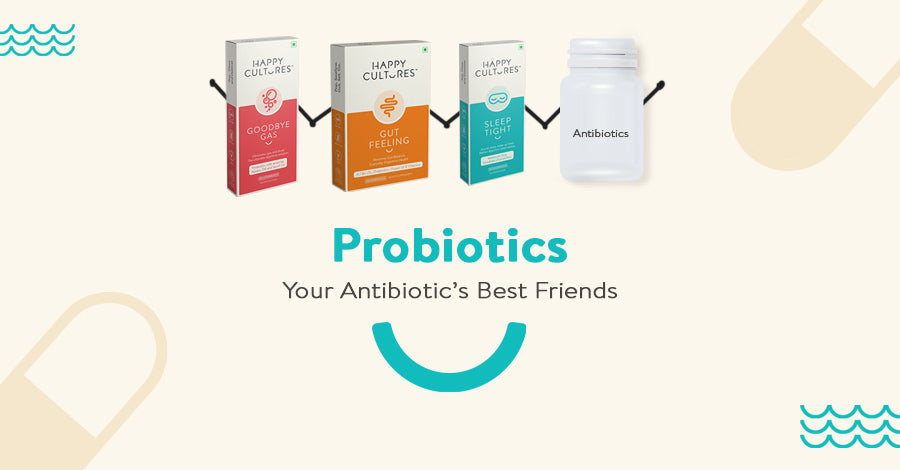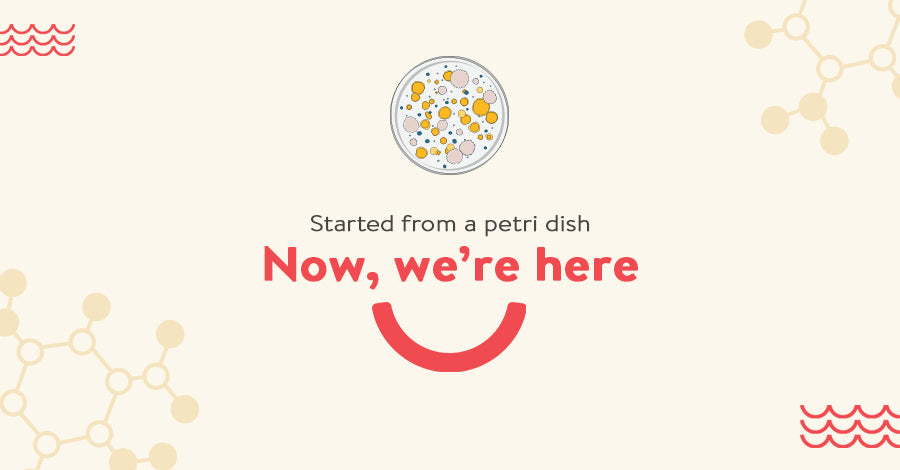How Modern Lifestyles Are Affecting Your Gut Microbiome
We live in a world of convenience, fast food on demand, late-night Netflix marathons, quick-fix medications, and endless scrolling on smartphones. While these modern lifestyle choices may seem harmless, science is beginning to uncover their profound impact on our gut health, particularly the delicate ecosystem known as the gut microbiome.
Recent research has made one thing clear: our gut health is under siege, and our lifestyle choices are to blame.
The Invisible Impact of Daily Habits
It’s no secret modern living has rewritten how we eat, move, sleep, and manage stress. But while we might notice the visible toll on our energy, focus, or waistlines, we often overlook the invisible battlefield within our gut. Your intestinal microbiota, an ecosystem of trillions of microbes, is highly sensitive to lifestyle choices. It thrives on balance but today’s habits are tipping that balance the wrong way.
Let’s break down how everyday modern behaviors are silently sabotaging your gut microbiome:
🧠 Chronic Stress: Turning Emotion into Inflammation
Stress isn't just a mental state, it’s a full-body signal that directly affects your gut. Chronic psychological stress activates the hypothalamic-pituitary-adrenal (HPA) axis, increasing cortisol levels. Over time, this hormone alters gut motility, reduces protective mucus secretion, and increases gut lining permeability—a condition widely known as leaky gut.
When the intestinal barrier weakens, harmful substances like bacterial fragments (lipopolysaccharides) seep into the bloodstream. This triggers a systemic immune response, leading to low-grade chronic inflammation—a factor implicated in IBS, autoimmune conditions, and even anxiety and depression, thanks to the gut-brain connection.
Western Diet: Feeding the Wrong Army
The typical modern diet rich in processed foods, added sugars, refined carbs, and saturated fats is engineered for taste and shelf life, not microbial nourishment.
This low-fiber, high-sugar dietary pattern starves beneficial bacteria that thrive on prebiotic fibers from fruits, vegetables, and legumes. In their absence, pathobionts (opportunistic bad bacteria) flourish, contributing to a condition called gut dysbiosis, where microbial diversity shrinks, and harmful strains dominate.
This imbalance doesn’t just affect digestion. It can impair nutrient absorption, compromise the intestinal barrier, and increase the risk of chronic diseases like obesity, type 2 diabetes, and even neurodegenerative disorders.
(Want to explore this further? Read our full post on Dysbiosis to understand how microbial imbalance affects every organ in your body.)
Sedentary Lifestyle: The Gut-Immobilizer
Regular physical activity does more than burn calories, it reshapes your gut microbiome. Exercise promotes the growth of bacteria that produce short-chain fatty acids (SCFAs) like butyrate, which nourish colon cells, reduce inflammation, and strengthen the gut lining.
When you lead a sedentary lifestyle sitting for hours at a desk, skipping movement breaks, you deprive your gut of this metabolic stimulation. The result? Decreased SCFA production, reduced microbial diversity, and increased susceptibility to constipation, inflammation, and even mood disorders.
Even moderate activity, such as brisk walking or yoga, has been shown to repopulate beneficial microbes and improve gut health metrics in as little as six weeks.
Medications: A Double-Edged Sword
Modern medicine has saved lives but it’s also altered our microbial legacy. Overuse or misuse of certain medications can dramatically disrupt your microbiota ecosystem.
-
Antibiotics, while essential in infections, wipe out both good and bad bacteria indiscriminately. Post-antibiotic recovery of gut flora can take weeks to months and sometimes, diversity never fully returns.
-
Proton pump inhibitors (PPIs) and antacids reduce stomach acid, allowing harmful microbes to survive digestion and colonize the intestines.
-
NSAIDs (like ibuprofen) have been linked to increased gut permeability and inflammation.
-
Oral contraceptives may shift gut flora composition, potentially contributing to bloating or IBS-like symptoms.
If you’re on any of these medications long-term, talk to your doctor about gut-supportive strategies, including probiotics and dietary adjustments.
Disrupted Sleep & Blue Light: Jet Lag for Your Microbes
Did you know your gut has a circadian rhythm, just like your brain? Microbial populations fluctuate based on light-dark cycles, feeding times, and sleep-wake patterns.
When you binge-watch until 2 a.m., travel across time zones, or live with irregular sleep, your internal clock and microbial clock fall out of sync. Studies show that sleep disruption decreases microbial diversity and impairs gut barrier function, leaving you vulnerable to inflammation, insulin resistance, and mood swings.
Additionally, blue light exposure at night suppresses melatonin impacting both sleep quality and the gut-brain axis.
Microbial Mayhem: A Lifestyle-Driven Epidemic
The modern world doesn’t just strain our minds; it strains our microbes. With each meal skipped, antibiotic popped, or night of poor sleep, we unknowingly shift the composition and function of our gut flora. While these effects are invisible, they manifest loudly in our energy, digestion, immunity, and mood.
But the good news? The gut microbiome is highly adaptable. Small, consistent lifestyle tweaks can reverse damage and restore harmony within weeks. Your gut microbiome responds to what you eat, how you sleep, when you move, and even how you feel.
You don’t need a complete lifestyle overhaul to support your gut, just mindful, gradual changes. Start with more fiber, get outside, move your body, manage your stress, and be kind to your sleep schedule. These small acts, repeated daily, send powerful signals to your microbes: that their ecosystem is safe, nourished, and in rhythm.
Because in the end, your microbiome isn’t just a passive colony inside you it’s a living, dynamic partner in your well-being. And the better you treat it, the better it will treat your back.





